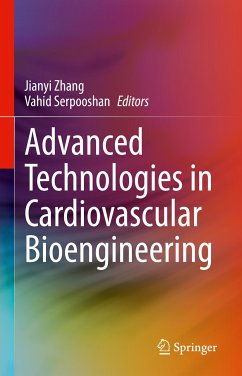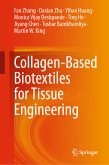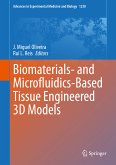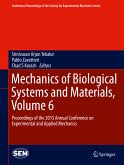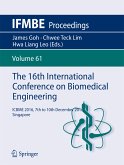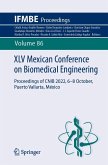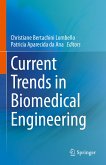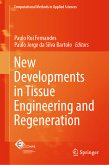This book presents a systematic overview of the technologies currently being explored and utilized in the fields of cardiovascular tissue engineering and regenerative medicine. Considering the unprecedented rapid progress occurring on multiple technological fronts in cardiac tissue engineering, this important new volume fills a need for an up-to-date, comprehensive text on emerging advanced biological and engineering tools. The book is an important resource for anyone looking to understand the emerging topics that have the potential to substantially influence the future of the field. Coverage includes iPS stem cell technologies, nanotechnologies and nanomedicine, advanced biomanufacturing, 3D culture systems, 3D organoid systems, genetic approaches to cardiovascular tissue engineering, and organ-on-a-chip. This book will be a valuable guide for research scientists, students, and clinical researchers in the fields of cardiovascular biology, medicine, and bioengineering, as well as industry-based practitioners working in biomaterial science, nanomaterials and technology, and rapid prototyping and biomanufacturing (3D bioprinting).
- Examines rapidly emerging technologies in the field of cardiovascular tissue engineering;
- Covers state-of-the-art biomanufacturing techniques;
- Presents basic science and engineering concepts, coupled with clinical and translational advancements.
Dieser Download kann aus rechtlichen Gründen nur mit Rechnungsadresse in A, B, BG, CY, CZ, D, DK, EW, E, FIN, F, GR, HR, H, IRL, I, LT, L, LR, M, NL, PL, P, R, S, SLO, SK ausgeliefert werden.

